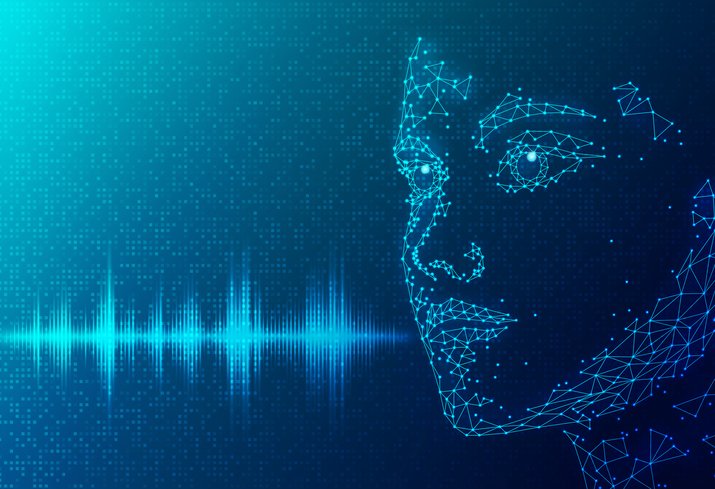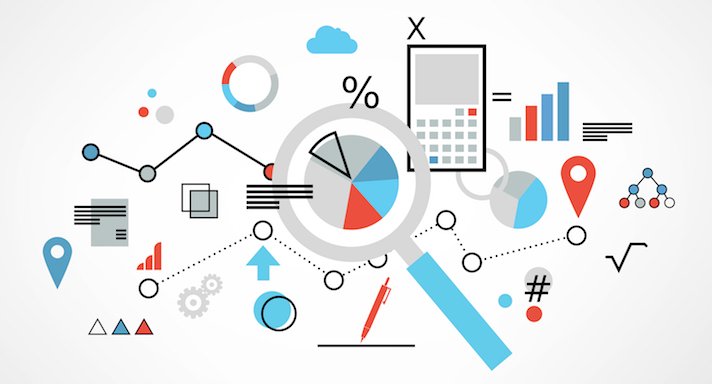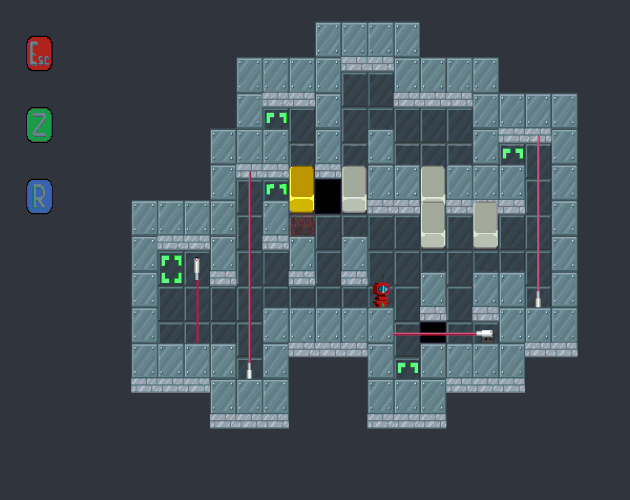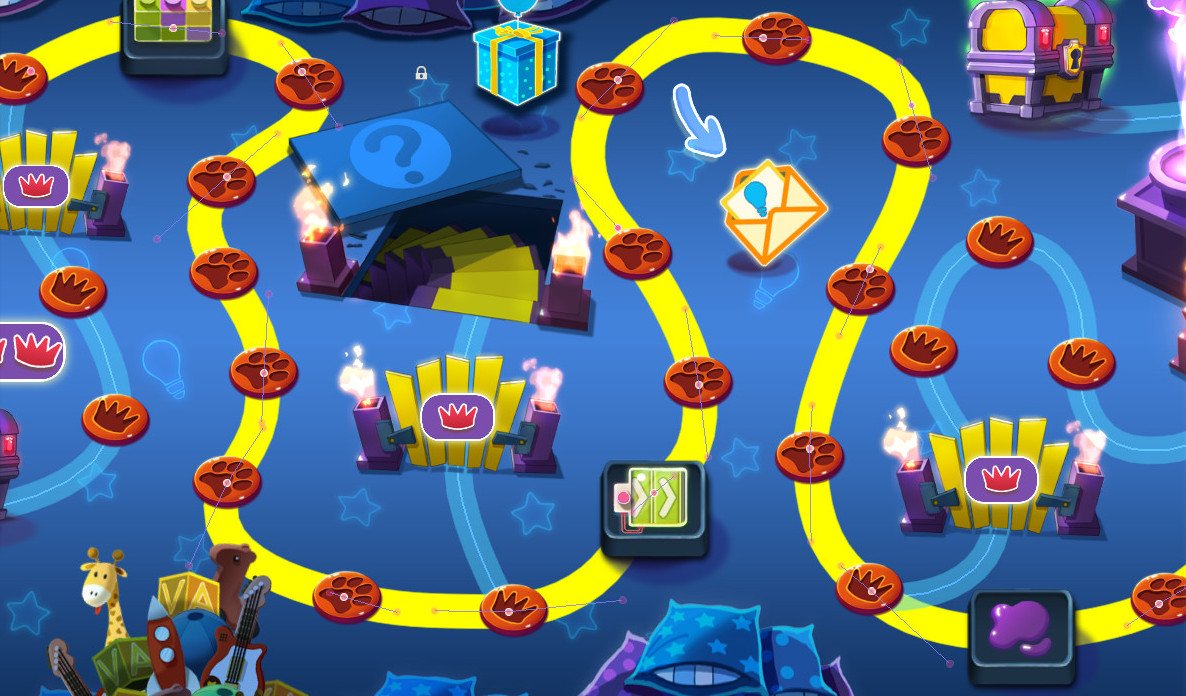Language, Language Technology and Bias in Society
Are you interested in languages (Linguistics) and how language interacts with the latest technology? Ever wondered how we communicate with Siri or Alexa, or ChatGPT? What about languages from TV shows like Klingon or Dothraki? In this workshop you will learn to think like a language scientist. You will take measurements and analyse the speech signals of a person of your choice (your favourite movie character, your friend, or your own). We will reflect on how we think about speech and language, and how some of our biases impact current language technologies.
Are you interested in languages (Linguistics) and how language interacts with the latest technology? Ever wondered how we communicate with Siri or Alexa, or ChatGPT? What about languages from TV shows like Klingon or Dothraki? In this workshop you will learn to think like a language scientist. You will take measurements and analyse the speech signals of a person of your choice (your favourite movie character, your friend, or your own). We will reflect on how we think about speech and language, and how some of our biases impact current language technologies.
Are you interested in languages (Linguistics) and how language interacts with the latest technology? Ever wondered how we communicate with Siri or Alexa, or ChatGPT? What about languages from TV shows like Klingon or Dothraki? In this workshop you will learn to think like a language scientist. You will take measurements and analyse the speech signals of a person of your choice (your favourite movie character, your friend, or your own). We will reflect on how we think about speech and language, and how some of our biases impact current language technologies.
Are you interested in languages (Linguistics) and how language interacts with the latest technology? Ever wondered how we communicate with Siri or Alexa, or ChatGPT? What about languages from TV shows like Klingon or Dothraki? In this workshop you will learn to think like a language scientist. You will take measurements and analyse the speech signals of a person of your choice (your favourite movie character, your friend, or your own). We will reflect on how we think about speech and language, and how some of our biases impact current language technologies.
When?
Every Saturday October 21 - November 25, 2023; 10:00am - 12:00noon (6 sessions)
Who?
This camp is designed for students aged 10-13 years.
Cost:
$199 (including tax).
If the fee is a barrier to your participation, a number of bursaries are available - please email camps@visst.ca to inquire.
Where?
The Vancouver Independent School for Science and Technology (VISST) - #200-1490 West Broadway, Vancouver, BC.
Why should you attend?
Explore how language is used in today’s pop-culture and society to influence and how it sometimes creates bias.
Discover how language technologies such as Siri, Alexa and Google Assistant are created and work.
Learn from UBC Linguistics and Language researchers and find out what research is happening in their labs and classrooms right now.
Earn a certificate of completion from the Vancouver Independent School for Science and Technology.
What will you learn?
Hidden differences in the way we communicate: Do we all use the same tongue position/gesture to produce sounds? Can you hear the differences when we change the position of our tongue or shape of our mouth? You will have a chance to try out portable ultrasound machine to see how your tongue moves during speech and how this creates different sounds.
Biases in pop-culture through language: Do “influencers” have a specific speaking style that makes them stand out and get more followers? Why are some accents more prevalent in movies and which languages are used as the basis for Klingon or Dothraki? We will discuss and reflect on the use of languages and speaking styles in pop-culture.
Science behind speech: How do language scientists study the way we communicate? Try out some methods yourself! We will play with Praat, a computer software created to analyze speech sounds, to investigate the accoustics of your favourite actor or influencer: Do their voices change with the roles they play? Do we, as listeners, make assumptions when hearing a voice? You will also have an opportunity to try out eye tracking technology and see what experiments we use to uncover the judgements people make based on the way someone talks.
Exploring language technology: After learning how we can investigate the various ways people communicate, we will reflect on how language technologies work, how they approach communication, and how judgements may creep in. Can ChatGPT make independent judgements? Do Siri and Alexa have accents? Do they understand the users’ accents?
Camp Instructors
Amanda Cardoso
Line Lloy
Suyuan Liu
Amanda Cardoso is a sociolinguist in the Linguistics Department at University of British Columbia. One of her research areas focuses on language attitudes, which are the different opinions about the way that people speak (their dialects or languages). These attitudes relate to associations that people have to the specific groups that use these dialects or languages and may have real-world effects. For example, dialects or languages that are considered the “best” or “most official” are often heard more in media (like in news, shows, and radio). Dr. Cardoso's work looks at the judgments of different accents and how the way we speak might affect these judgements, the effects that attitudes about accents have for employment opportunities, how biases that are built into speech technology related to language attitudes, and the (often unconscious) biases in methods for studying languages and accents.
Line Lloy is a graduate student in Linguistics at the University of British Columbia whose research focuses on speech sounds (phonetics). When we hear someone speak, we can understand not only what they say, but also who they are, their gender, age, current mood, and more! Line’s interest is in understanding how listeners gather this information from voices, and how talkers can use their voices to express different aspects of themselves. Line also has 2+ years of experience as an English teacher, and even more experience as a teaching assistant in ESL classrooms. Line would have liked to learn more about speech at a younger age, and is excited to introduce 10-13 year olds to the fascinating world of speech science!
Suyuan Liu is a Ph.D. student in Linguistics at the University of British Columbia. Her current research focuses on whether the way one positions themselves affect their understanding of other people: if we think a person sounds like ourselves, will we have an easier time understanding them? Previously, Suyuan has mainly worked with Chinese languages and varieties of Mandarin. She has also looked at whether speech models develop human-like speech perception (they don’t!). She is excited to chat about languages and the way people communicate!
Additional Notes:
Student should bring their own laptops. If you don’t have a laptop, we have a limited number of loaner laptops available. Email us if you need one.
Refund policy: Email us at least 2 weeks (14 days) prior to the start of the camp for a full refund.
Questions?
Please email camps@visst.ca






